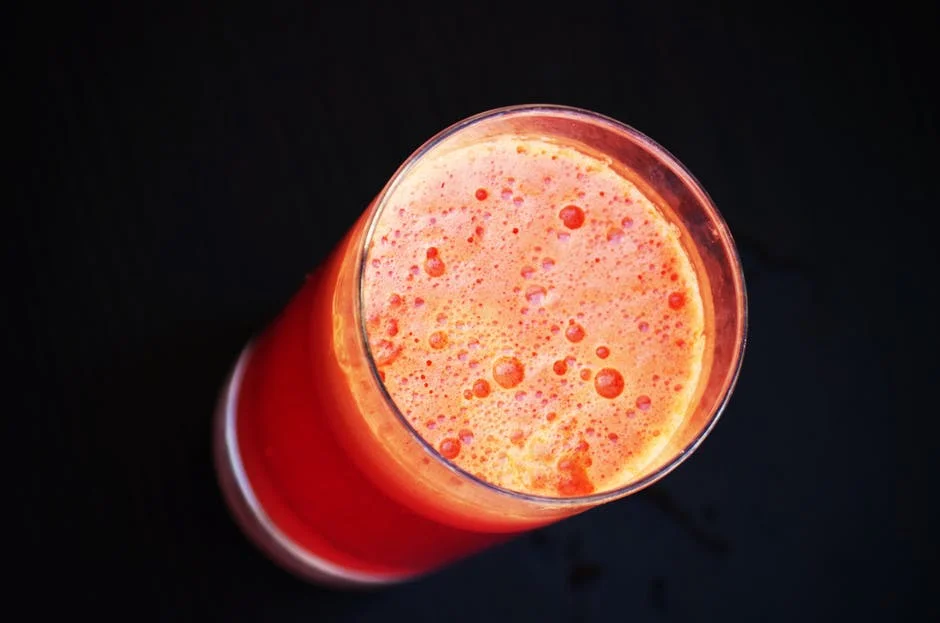By Lene Hundborg Koss - University of Copenhagen
In a simulated small intestinal microbiome, a cocktail of viruses successfully targeted and killed E. coli without harming its bacterial neighbors.
The study shows that this approach is as effective in killing the targeted E. colias broad-spectrum antibiotics but has much gentler impact on the normal, and often beneficial, microflora.
Image Credit: Ajale via pixabay
The experiment underlines the potential of using bacteriophages for target-specific manipulation of complex microbial communities and potentially replacing or supplementing usage of antibiotics as therapeutic agent against bacterial diseases.
Phages, or bacteriophages, are viruses that attack bacteria. The classic lytic phage attacks bacteria by attaching to the surface of the bacterium and injecting its genetic material into the bacterium. It takes over the bacterium’s metabolism and redirects it to create new viruses. The bacterial cell, now taken hostage, will explode and send a lot of new phages into the surrounding area, which can then attack new bacteria.
Antibiotics vs. this virus ‘cocktail’
Imagine that you have become ill because you have eaten some food that contained pathogenic bacteria. You keep running to the toilet and you may also throw up. You go to the doctor and receive broad-spectrum antibiotics, which—in addition to killing the bad bacteria in your intestinal flora—carpet bomb the complex community of commensal bacteria that form a healthy intestinal flora.
This new research from the food science department at the University of Copenhagen suggests that, in the not-too-distant future, it might be possible to drink a cocktail of selective viruses (bacteriophages) that travel directly into the gut and kill the disease-causing bacteria, so you get better—without antibiotics and without harming the beneficial commensal intestinal bacteria.
The researchers have come a step closer to this scenario.
“The research shows that we have an opportunity to kill specific bacteria without collateral damage to the other, and otherwise healthy, intestinal flora,” says professor Dennis Sandris Nielsen.
He emphasizes that the findings, published in Gut Microbes, result from a model of the small intestine; the next step will be to test the study on mice and later on humans.
In the small intestine
The model in which the research took place, TSI, is the work of postdoctoral researcher Tomasz Cieplak, in connection with his PhD project.
“The novelty of the TSI model is that it simulates the presence of the small intestinal microbiota, which has largely been overlooked in other models of the small intestine,” says Cieplak. “Other models existing on the market simulate only the purely biophysical processes, such as bile salts and digestive enzymes or pH, but here we included this important aspect of human gut physiology to mimic the small intestine more closely.”
The composition of the intestinal flora in the model is representative of how the intestinal flora could look in a healthy person. In the study, researchers added E. coli bacteria to the intestinal flora, which they then attempted to kill with a targeted cocktail of viruses (bacteriophages) developed by the company Intralytix.
“Using bacteriophages to kill pathogenic bacteria is not new and has actually been used to treat food-borne illnesses and other diseases in Eastern Europe for almost a century, but it was not until relatively recently that this approach started to attract more widespread research interest,” says Nielsen.
The research into combating infectious diseases with viruses lacked appeal due to the existence of effective treatment with antibiotics.
“It is different today, where resistance to antibiotics is an increasing problem in modern medicine. At the same time, we have become more aware of how important the commensal bacteria in the gut are for our health,” says Nielsen.
Baltimore-based Intralytix Inc. was the first company to receive FDA approval to use bacteriophages in food safety applications. Recently, the FDA granted Intralytix clearance to initiate Phase I/II clinical trials for testing the efficiency of bacteriophages in the treatment of inflammatory bowel disease.
The development of the TSI small intestinal model received funding from the People Programme (Marie Curie Actions) of the European Union’s Seventh Framework Programme.
Source: University of Copenhagen via Futurity - Original Study DOI: 10.1080/19490976.2018.1447291
If you enjoy our selection of content please consider following Universal-Sci on social media:










